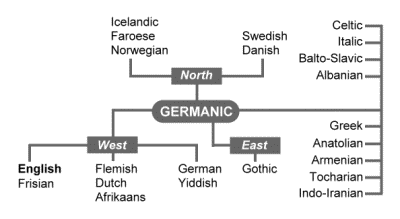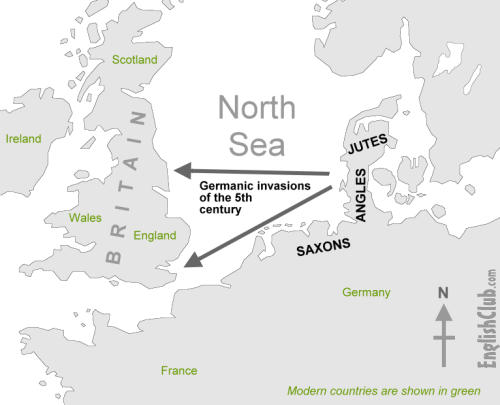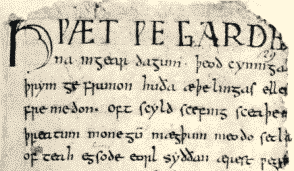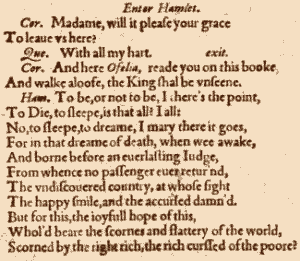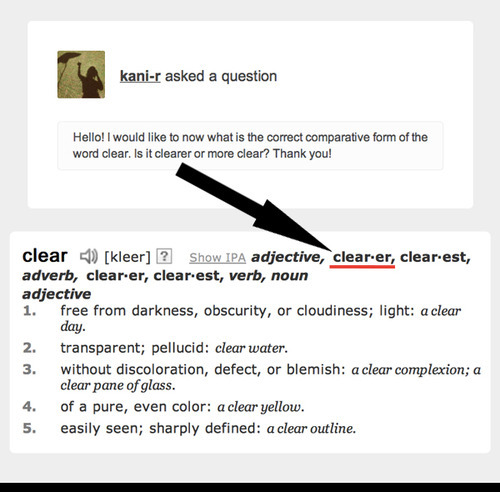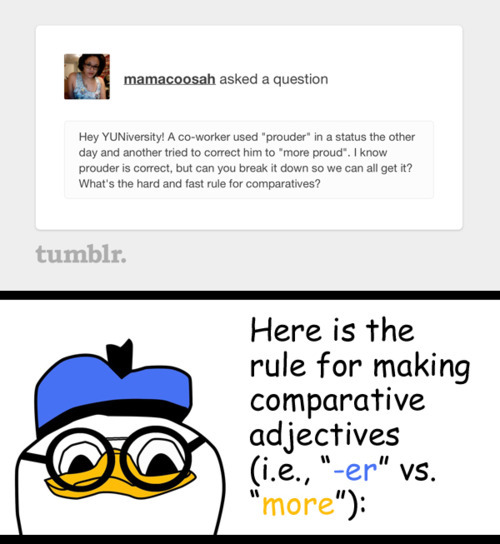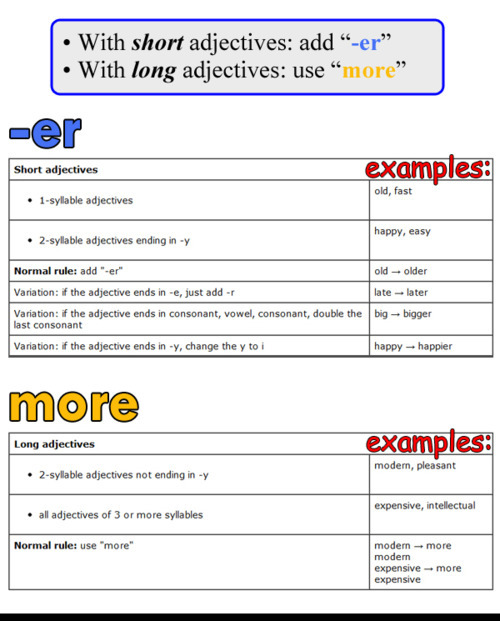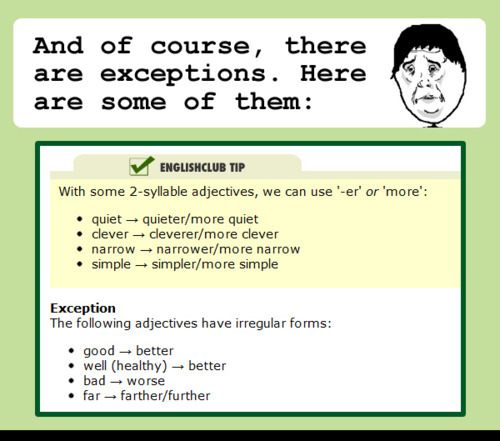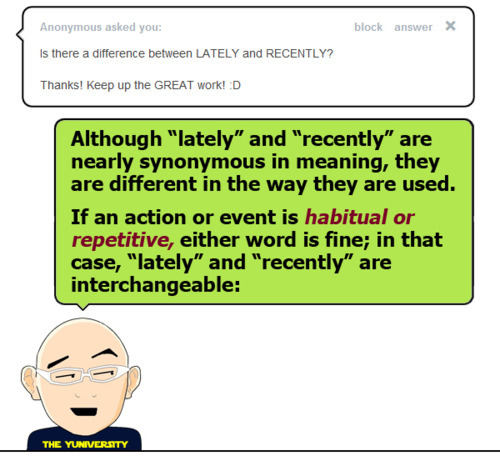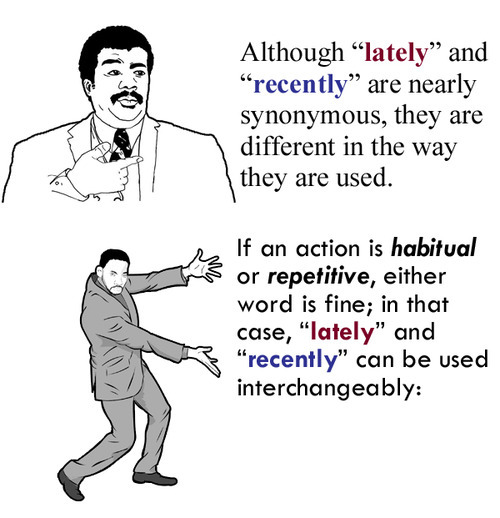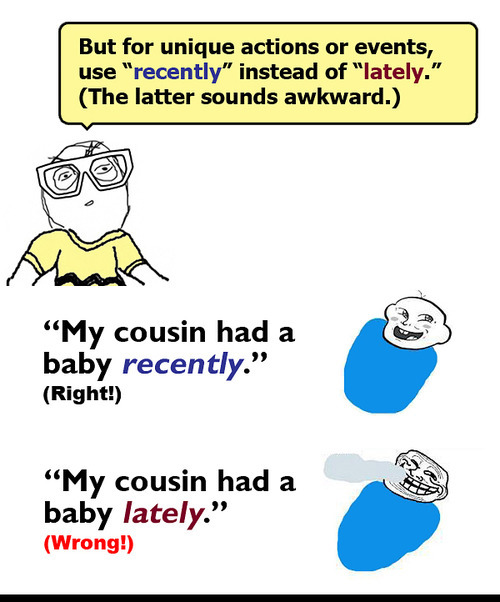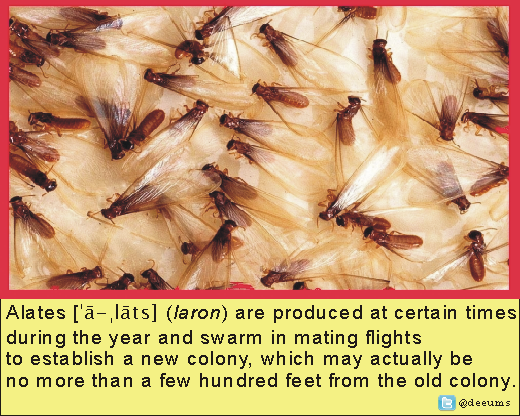Old English Words and Modern Meanings
Examination of Old English words along with their modern meanings can give you a glimpse of how languages develop through time. The first form of English as a language is termed Old English and came into being during the 5th century.
Modern Meanings of Old English Words
Many common words and verbs can be found in Old English that hold the same meaning today. For example, the following words all show roots in Old English:
- Strong
- Water
- Be
- Beam
By reviewing literature written in the period that Old English was used you can see the many Old English words that are very similar to words found in modern English. For example:
- Eald - means old
- Brodor - means brother
- Hus - means house
- Nett - means net
- Riht - means right
It can be difficult to determine the modern meaning of some Old English words because there are often multiple words which have similar meanings. For example, three descriptions of females are:
- Widuwe - stands for widow
- Wif - means wife
- Wifmann - the term for woman
Influence of Other Languages on Old English
Examination of Old English and modern English seems to indicate that many of the words we use today find their roots in the vocabulary of Old English. Some estimates claim that about half of the words used today have their roots in Old English. This should not be that surprising since English has its roots in the Germanic languages.
Many of the Old English words also came from influence of the Romans and Greeks. These words were borrowed by the Germanic conquerors and incorporated into Old English. For example, the following words were adapted from the Romans, Greeks and from Latin:
- Apostle - came from apostol
- Chalk - came from cealc
- Wine - came from win
- Monk - came from munuc
While the spelling is different, the meanings all follow the original words and correspond to the modern meanings.
Making Up New Words
As the need arose for new words for things that the Germanic conquerors were unfamiliar with, they would make up words rather than take Germanic words as descriptors.
Two examples of this are the words for astronomy and arithmetic. The invaders made up the words based on the root word "craeft" which meant an art or science.
- Astronomy became star-craft or tungolcraeft
- Arithmetic became number craft or rimcraeft
Now you know some old English words, their meanings and have a better understanding of the sources of our language.
Three Periods of English Language
English is often broken into three separate and distinct periods:
Old English
Prior to the beginnings of English, the inhabitants of Great Britain spoke primarily Celtic languages. During the later part of the 5th century, three tribes invaded England from Western Germany and Denmark. These tribes spoke a similar language that, over the years, developed into Old English. Old English survived until the Norman invasion in 1066 by William the Conqueror. Following the invasion and conquest, the English language entered the period of Middle English.
Middle English
The invaders from the northern regions of France brought a form of French with them. The new language became the official language of the government, trade and the ruling class.
The division of the classes began to include linguistics, with the upper or noble classes speaking French, while the lower classes spoke Middle English. This continued until the 14th century when English once more became the common language.
Middle English changed considerably over the centuries to include a number of French words in the vocabulary.
Modern English
Beginning in the 15th century, the transition from Middle English to Modern English began. Much of the transition was due to the expansion of the British Empire throughout the world and to the development of printing.
The printing press and increase in publishing of books drove the standardization of the language. Spelling and grammar was formalized due to the publication of various literary works and pamphlets. Source



